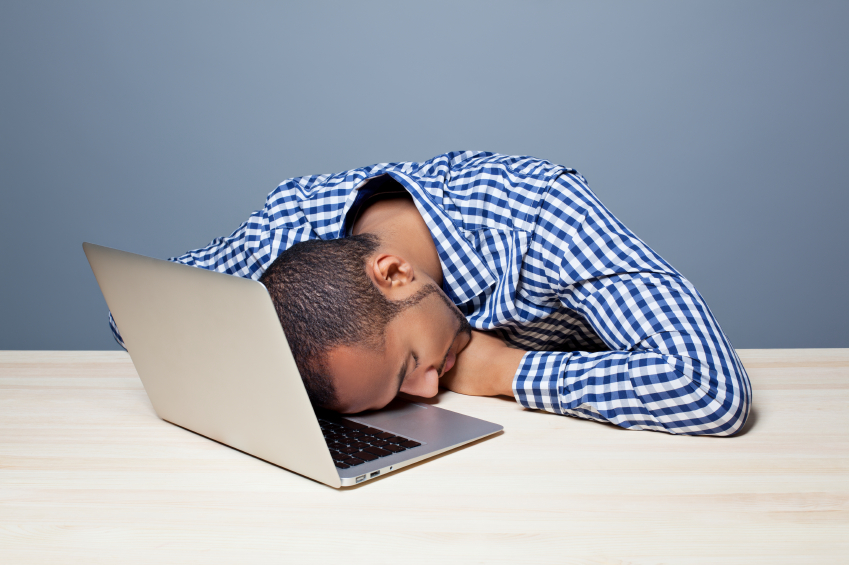The main purpose of sleep is to provide mental and physical restorative healing. Good quality sleep in the right amounts enhances your sense of alertness and improves both your mood and mental functioning. Without sleep we lack energy – sleep is what we require to recharge our batteries.
Tips to improve energy through better sleep:
Take a step back
Look at your diet, exercise patterns, sleeping environment, personal habits, lifestyle, and current concerns, and determine if any of these elements may be getting in the way of getting a good night’s sleep. If not enough time for sleep is a problem, try re-evaluating your priorities.
Reduce caffeine and alcohol
Some people have trouble sleeping due to drinking caffeine and alcohol in the evening. Caffeine usually makes you alert whilst alcohol on the other hand, may help you to doze off initially, but your sleep may not be as restful as it could be.
Eat for sleep
Certain foods may cause heartburn that can keep you up in the middle of the night. Drinking a lot of fluids close to bedtime can wake you up as well with trips to the bathroom. Also, be careful of eating too much or not enough. Both can disrupt sleep by making you feel uncomfortable.
Create an ideal sleep environment
Make sure your mattress provides enough support. If noise is a problem, consider wearing ear plugs, playing relaxing music, or placing rugs, heavy curtains, or double-pane windows in your bedroom. Make sure the room is comfortable, dark, and cool.
Exercise at the right time
Studies show physical activity in the late afternoon can improve the quality of sleep, but working out 2 to 3 hours before bedtime may delay slumber.
Set a regular bedtime and wake-time schedule
Sleeping late or sleeping in may seem ideal on weekends, but it may give you trouble getting to bed on Sunday evening, or waking up on Monday morning.
Find time to relax before going to sleep
Bedtime rituals can help you unwind and encourage a more restful sleep. Different activities work for different people. Try gentle music, soaking in a warm bath, relaxation exercises or reading a book.
Plan your sleep sensibly
Make sure you spend eight hours in bed – so if your alarm is set to go off at 6.30, make sure you’re in bed at 10.30.
